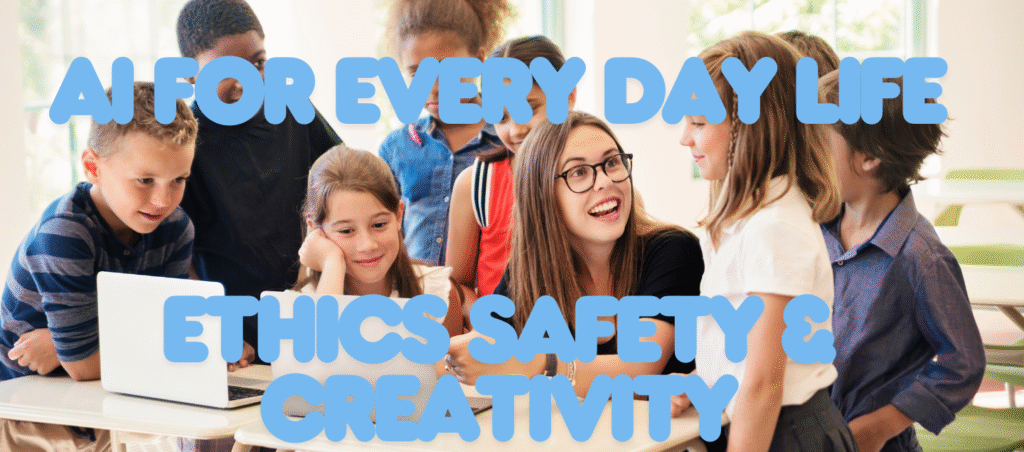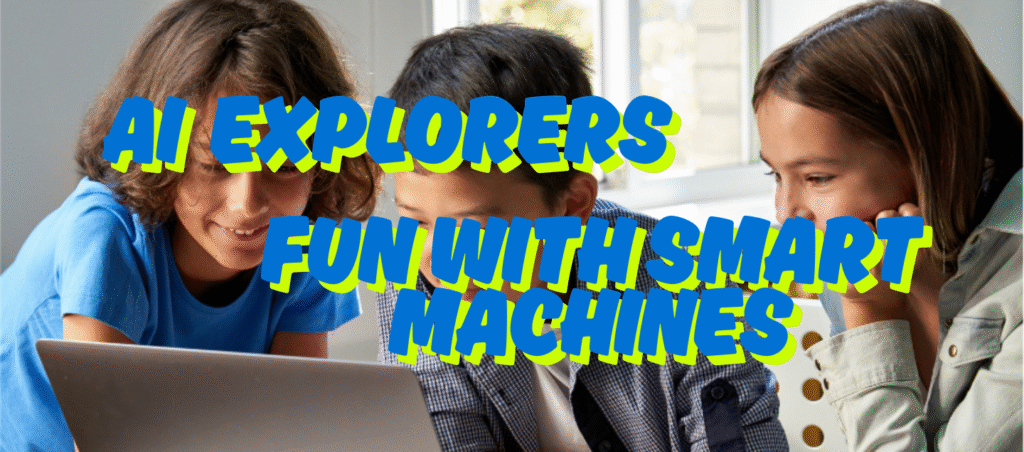
This course instructs children on evaluating AI applications in everyday life and designing solutions with ethical responsibility. Students will learn about the basics of AI, including how it works and its potential impacts on society. The program includes hands-on projects where children can create their own simple AI models, discussions about real-world examples of AI use, and lessons on the importance of ethics and safety in technology.
Level 1: Capabilities and Limitations of AI
Applications in smart homes, social media, and gaming
Examination of AI limitations
Group discussions
Real-world case studies on AI applications
Guest lectures from industry experts
Level 2: Bias, Safety, and Informed Decisions
Analysis of fairness in facial recognition technology
Issues concerning privacy and safety
Development of a responsible AI narrative
Exploration of AI ethics and societal impacts
Hands-on workshops on implementing fair AI practices
Level 3: Designing a Responsible AI Solution
Creation of empathy maps and user stories
Design AI solutions addressing social issues
Presentation to an evaluative panel (mock pitch)
Collaboration with non-profit organizations for real-world problem-solving
Development of prototype AI systems
Assessment Methods
Debates or group projects
Ethical AI design documentation
Final team presentation
Peer reviews and feedback sessions
Continuous assessment through quizzes and reflective journals

